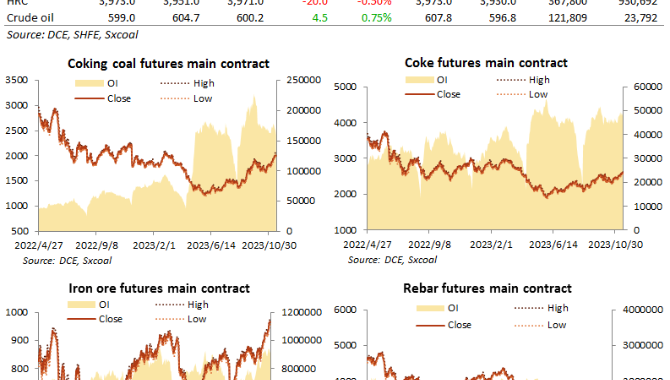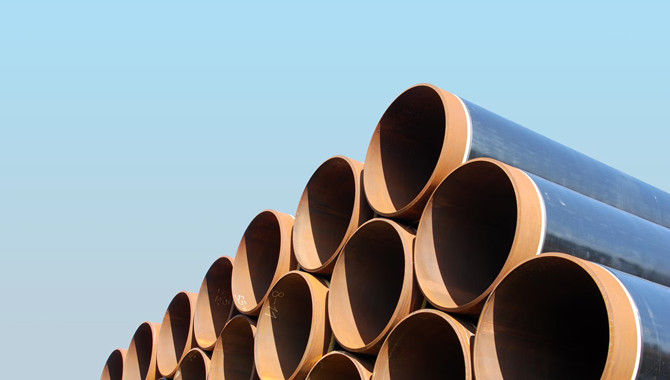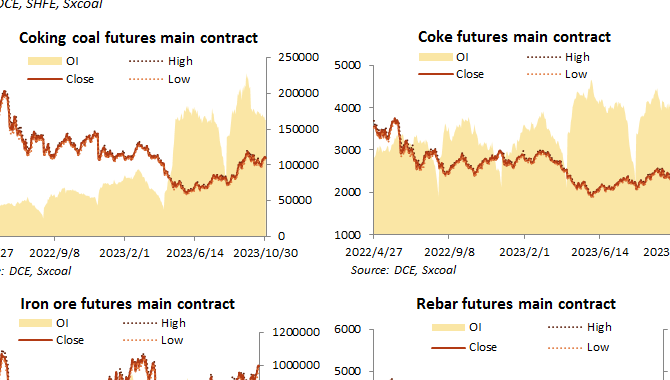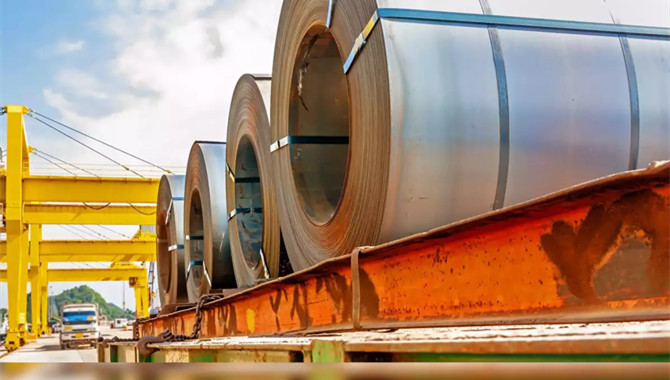
A year after the Morrison government decided to further sour China-Australia ties by calling for a weapons inspector-style investigation into the COVID-19's origins while China was in the midst of containing the novel coronavirus, Chinese ports are beginning to receive hundreds of thousands of tons of coal and shiploads of iron ore from Sierra Leone, a sign that does not bode well for Australia, as it shows how easy China could replace Australia with alternative sources, even for iron ore and coal, a Chinese observer told the Global Times on Saturday.
The first batch of 160,000 tons of seaborne coal from South Africa, weighing 2,387 tons, was loaded on trains heading for Nanning, the capital of South China's Guangxi Zhuang Autonomous Region on Thursday, a local media outlet reported.
The coal shipment arrived in less than a month, and is the first batch of coal imports by China from South Africa in five years.
News of the coal shipment followed a press release by the Chinese Embassy in Sierra Leone last week, which said a ship loaded with iron ore mined by the Kingho New Tonkolili Iron Ore Project in the West African country, the very first shipment for the new project, left the Port of Pepel and was heading toward China on January 29.
Chinese analysts closely following China-Australia relations said these two developments are aimed at tackling China's overreliance on coal and iron ore from Australia, after a winter of shortage woes for thermal coal and recent runaway iron ore prices sent renewed alerts to Chinese policymakers.
Song Wei, an associate research fellow at the Chinese Academy of International Trade and Economic Cooperation, said despite China's overreliance on Australian iron ore and coal, which has caused some hiccups in the past months, recent shipments of the important materials from alternative sources showed that it is easy for China to replace Australia as its import source.
"China's cooperation with developing countries has been rapidly expanding in recent years, and many of these countries are rich in natural resources and are seeking to achieve economic development and growth themselves via trade," Song said.
Chinese experts told the Global Times that China needs three to five years to invest and develop in African iron ore mines, but some investment projects started before China-Australia ties soured in 2020.
Analysts said although Australia scored a hit with the skyrocketing iron ore prices in recent months, shoring up its overall export value to China and getting the juice of China's manufacturing recovery, rising prices for the ferrous metal also awakened some of the dormant Chinese investment in Africa.
"Some Chinese mineral investment projects were already on the ground as earlier as 2013, and the soaring iron ore prices meant those 'resources in reserve' can now be tapped," Wang Guoqing, research director at the Beijing Lange Steel Information Research Center, told the Global Times on Saturday.
Wang noted that due to the high cost of opening up iron ore mines in Africa, there is little to be gained when global iron ore prices hovered at around $50 per ton a few years ago. "But with the price at $150 per ton, investors can make a profit from these high-cost mines," Wang said.
Despite being easy for China to replace Australia with alternative trading partners, it will be difficult for Australia, on the other hand, to find alternative export markets to recoup its losses from the Chinese market, experts said.
Australia posted a trade and services surplus of A$72.7 billion ($55.47 billion), an increase of A$5.2 billion on the surplus of A$67.5 billion recorded in 2019 in its balance on goods and services for 2020, data from the Australian Bureau of Statistics showed on Thursday.
However, after a year of trade tensions with China, its largest trading partner, and with the Morrison government choosing to back the Trump administration's anti-China campaign, which ultimately only damaged its relations with China, some sectors are starting to feel the impact of strained bilateral ties.
Wine exports were effectively wiped out in December after China imposed a temporary tariff amid an ongoing anti-dumping investigation, the Wine Australia report showed.
Impacted by a deteriorating China-Australia relationship, China's imports from Australia saw an annual decline of 5.3 percent in US dollar terms, according to Chinese Customs data from mid-January.
Australian farmers also warned that the country's trade dispute with China and supply chain disruptions linked to the pandemic will cost the industry $28 billion over the next decade, the Financial Times reported on Friday.
Equally at risk is Australia's services sector, which generates almost as much revenue as the minerals exports for Down Under, Song said.
China's Ministry of Education issued a fresh warning on Friday to students studying in Australia following recent attacks on Chinese in the country and common COVID-19 outbreaks, a move that experts believe could be the result of damaged and still deteriorating China-Australia relations.
Source:Global Times
The opinions expressed herein are the author's and not necessarily those of The Xinde Marine News.
Please Contact Us at:
media@xindemarine.com


 PIL launches Academy to strengthen workforce compet
PIL launches Academy to strengthen workforce compet  Coal shipments to advanced economies down 17% so fa
Coal shipments to advanced economies down 17% so fa  China futures market updates at close (Nov 14)
China futures market updates at close (Nov 14)  CISA: China's daily crude steel output down 5.7% in
CISA: China's daily crude steel output down 5.7% in  China futures market updates at close (Oct 31)
China futures market updates at close (Oct 31)  CISA: China's daily crude steel output down 1.2% in
CISA: China's daily crude steel output down 1.2% in